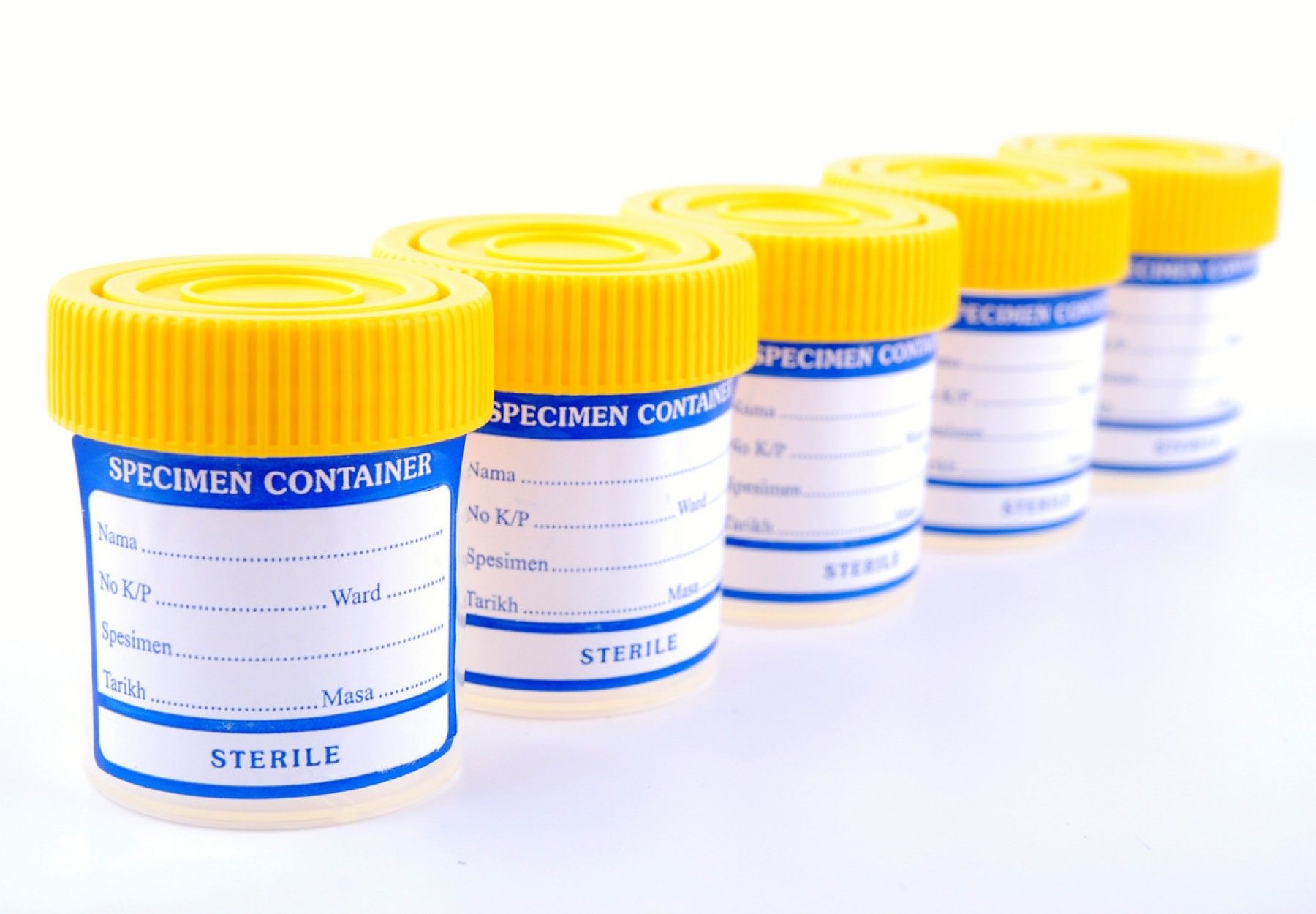False Billing of UDTs Remains a Prime Target for Enforcement
UDT false billing cases seem to be on the rise again, accounting for a trio of recent multimillion dollar settlements.

False billing of urine drug tests (UDTs) has become a priority for federal enforcement since the $256 million Millennium Health settlement of 2016. Subsequent cases have targeted abuses committed by physician-owned drug abuse, rehab, and pain clinics. The opioid crackdown has intensified the pressure, with dozens of physicians being prosecuted for ordering medically unnecessary UDTs as a highly profitable side business to running an opioid mill. While the COVID-19 pandemic brought a temporary reprieve, UDT cases seem to be on the rise again, accounting for a trio of recent multimillion dollar settlements.
$11.6 Million Settlement by Radeas LLC
The most recent blockbuster UDT settlement came down on March 31, 2022, when North Carolina-based Radeas LLC announced that it had agreed to pay $11.6 million to settle charges of falsely billing Medicare for such tests. Under the settlement, Radeas admitted to billing Medicare for two types of UDT between January 2016 and September 2021:- Relatively inexpensive presumptive tests for qualitative detection of drugs; and
- High-cost tests that quantitatively confirm the results of presumptive tests and identify the types of drugs used.
$11.6 Million to $16 Million MD Spine Solutions Settlement
Curiously, on the very same day that the Radeas settlement was announced, Nevada’s attorney general announced that the state was joining other states and the federal government to settle allegations of UDT billing fraud against Reno-based MD Spine Solutions LLC, d/b/a MD Labs Inc. and its principal owners. While the ultimate settlement amount will be based on the lab’s financial circumstances, the defendants will have to pay a minimum of $11.6 million and as much as $16 million to settle charges of committing the same basic offense as Radeas. Specifically, the defendants were accused of billing Medicare, Medicaid, and other government programs of presumptive and higher-reimbursing confirmatory tests over a five-year period beginning in 2015. According to the government, MD Labs performed both tests at around the same time and then reported the results simultaneously, knowing that this rendered the test results irrelevant to most providers.$3.9 Million Austin Pain Associates Settlement
Last October, a pair of Texas physicians agreed to shell out $3.9 million to settle claims of falsely billing Medicare, Medicaid, and TRICARE for urine drug tests that they knew weren’t medically necessary out of their now defunct in-house pain clinic lab, Austin Pain Associates. The complaint, which began as a qui tam whistleblower complaint, claims that the physicians drafted UDT protocols that they knew would result in the performance of unnecessary tests in a deliberate attempt to generate test revenue they needed to keep the clinic profitable. The former lab employee who brought the qui tam lawsuit will receive a share of $618,000. But even without whistleblower intervention, there’s a pretty good chance that the excessive number of UDTs generated by the clinic would have been spotted by the enforcement establishment’s radar. [United States ex rel. Nuessner, et al. v. Austin Pain Associates, LLC, et al., 5:16-CV-1125-FB (W.D. Tex.)].Subscribe to view Essential
Start a Free Trial for immediate access to this article